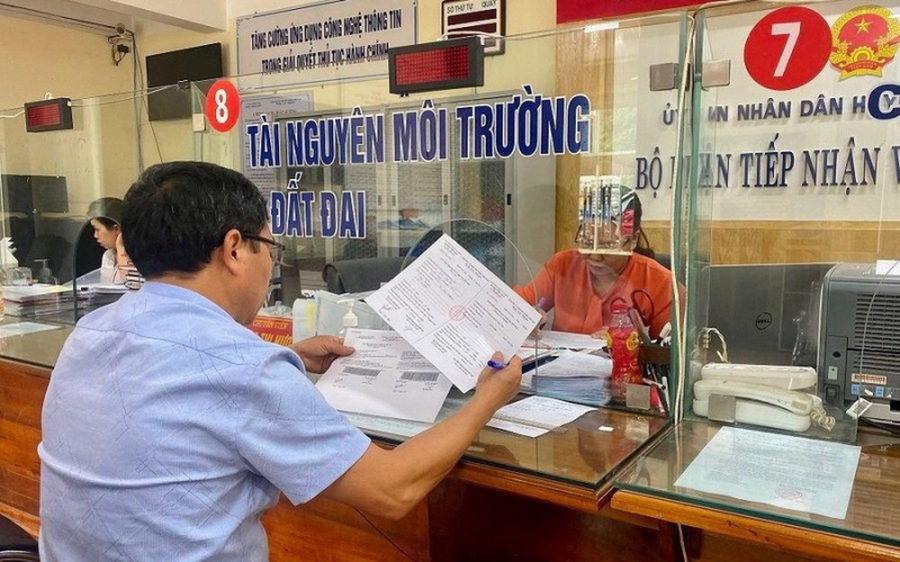
It is impossible to miss important market information according to the event stream
As Vietnam’s legal system continues to modernize, real estate transactions are entering a new phase of simplification. The removal of mandatory notarization for certain purchase–sale transactions—replaced by a structured administrative registration process—marks one of the most significant shifts in the property market in recent years. While this change is designed to speed up procedures and create uniformity nationwide, investors must still understand the legal foundation and comply with each step to ensure absolute security in ownership transfer.
Index
From 2025 onward, the legal environment governing housing and real estate transactions is shaped by several key documents:
These laws establish that although notarization is no longer mandatory for certain real estate transactions, the administrative registration and verification process becomes the decisive step confirming the legality and validity of the transfer.

Article 164 sets out new regulations regarding contract forms, transaction validity, and the requirement for documents used in housing transactions. Under this article, housing purchase contracts are still required in written form, but notarization is no longer compulsory except for specific cases such as mortgage agreements or other transactions required by law.
The amended law removes mandatory notarization for many types of purchase–sale contracts of houses and land-use rights. This is the legal basis for shifting responsibility from notary offices to administrative authorities during the ownership transfer stage.
These provisions together create a streamlined framework while maintaining legal safeguards for property buyers and sellers.
From that date onward, local authorities nationwide will apply the new mechanism uniformly.
Under the new framework, the validity of a real estate transaction no longer depends on notarization but instead on:
This process confirms both the legality and enforceability of the transaction without relying on notarization.

Investors can rely on the fact that final confirmation of ownership is issued directly by government authorities, ensuring a high level of reliability.
Although the procedure becomes more streamlined, responsibility also increases. Before signing any contract, investors must pay attention to:
A transaction without notarization does not mean fewer obligations—it means a shift in responsibility from notary offices to the parties involved and to state administrative agencies.
Removing mandatory notarization does not increase risks—it creates a new, modernized, government-supervised transaction mechanism aligned with international practices. However, the safety of every deal depends on each investor’s understanding of the law and strict compliance with the required procedures.
Once investors fully grasp the process—from contract drafting to registration—they can confidently participate in the new real estate market, where transparency and efficiency continue to improve year by year.




Thành tiền